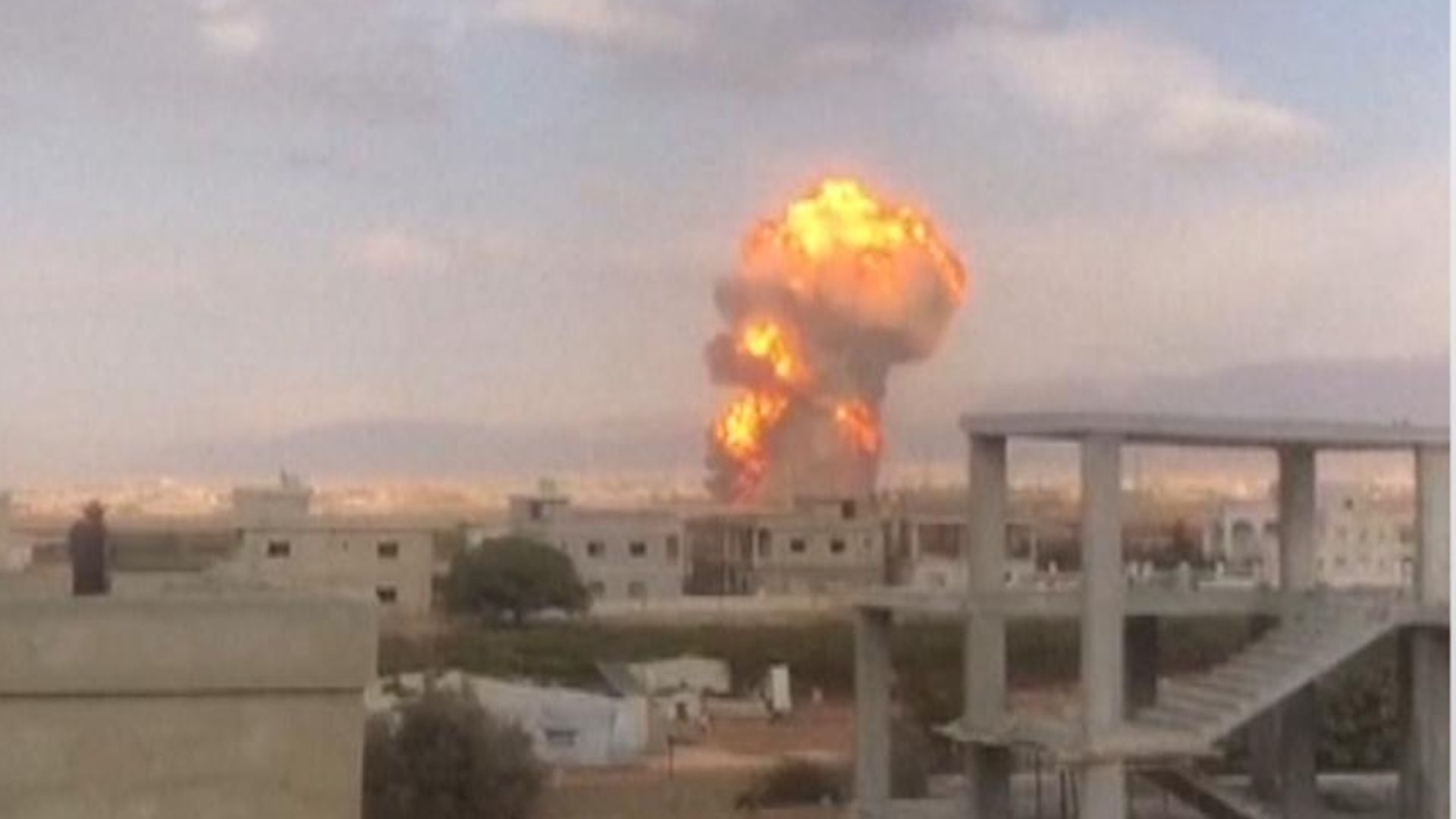
A new law expanding the regulatory framework for cryptocurrency miners while restricting their access to low-cost electricity has entered into force in Kazakhstan. The legislation introduces a licensing regime for mining with two different categories of licenses that companies will have to renew periodically.
President Tokayev Sings Law Regulating Crypto Assets Mining and Exchange in Kazakhstan
The law “On Digital Assets in the Republic of Kazakhstan,” signed by President Kassym-Jomart Tokayev on Monday, has come into force. The main purpose of the new legislation, approved together with amendments to other legal acts like the Tax Code, is to regulate activities related to the issuance and circulation of these assets, most notably mining.
The changes are also aimed at creating conditions for the development of the crypto industry and fair competition between market participants, local media reported. The digital asset law, which was adopted by the parliament in late January, defines the powers of state bodies that oversee the sector and introduces licensing for crypto miners and exchanges, replacing the current registration system.
Mining licenses will be issued for a period of three years to two groups of applicants. Entities that own mining infrastructure, such as data centers meeting certain standards in terms of equipment, location, and security, fall under the first category. The second is for those that own mining hardware but rent space in crypto farms and do not apply for an energy quota directly.
A separate set of requirements has been introduced for mining pools. They must have their hardware and software installed in Kazakhstan and comply with the country’s information security rules and other applicable regulations.
Furthermore, crypto miners will be allowed to purchase electricity from the national grid only if there is a surplus and exclusively from the government-controlled, centralized exchange KOREM. However, price caps for this energy will be removed and the trading will be carried out based on market principles.
Cheap, subsidized power was one of the factors that attracted mining companies to Kazakhstan following China’s crackdown on the industry in 2021. The authorities in the Central Asian nation have blamed the growing electricity deficit on the influx of miners and taken steps to restrict consumption in the sector, including temporarily disconnecting registered facilities and shutting down illegal farms. On Jan. 1, a higher electricity surcharge was imposed on authorized miners.
Do you think the stricter regulations and increased costs threaten Kazakhstan’s status as a mining destination? Share your thoughts on the subject in the comments section below.







